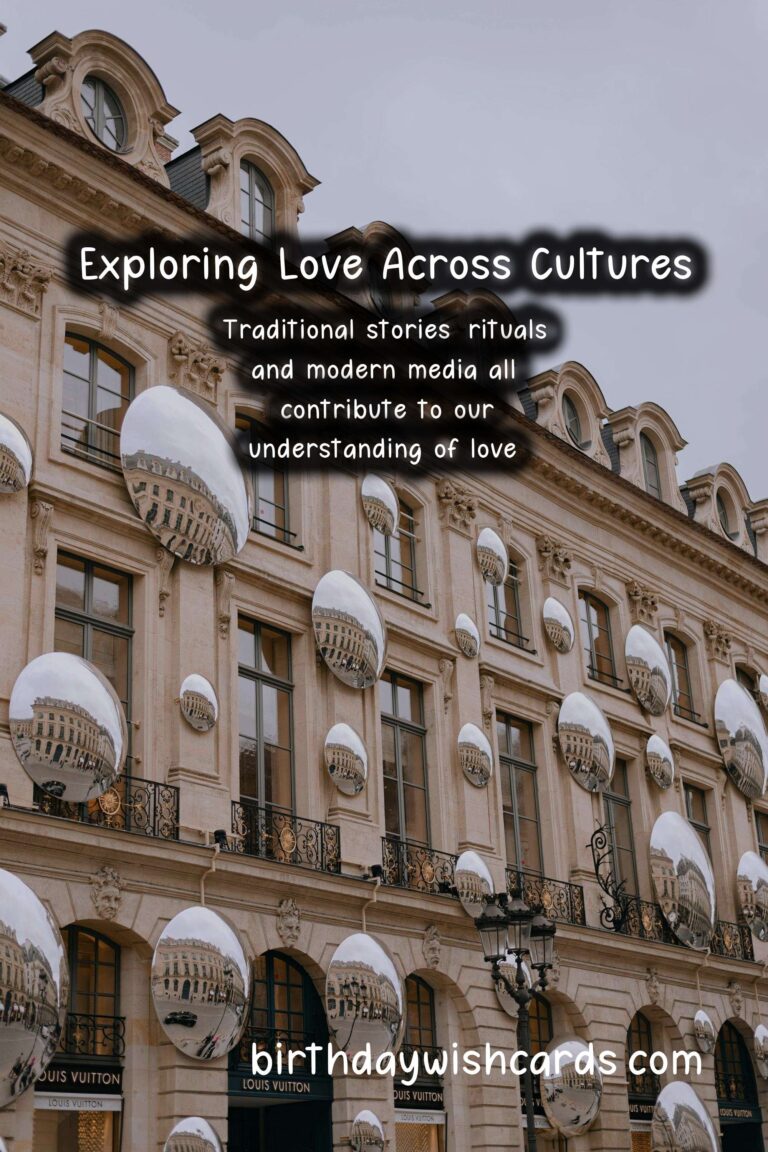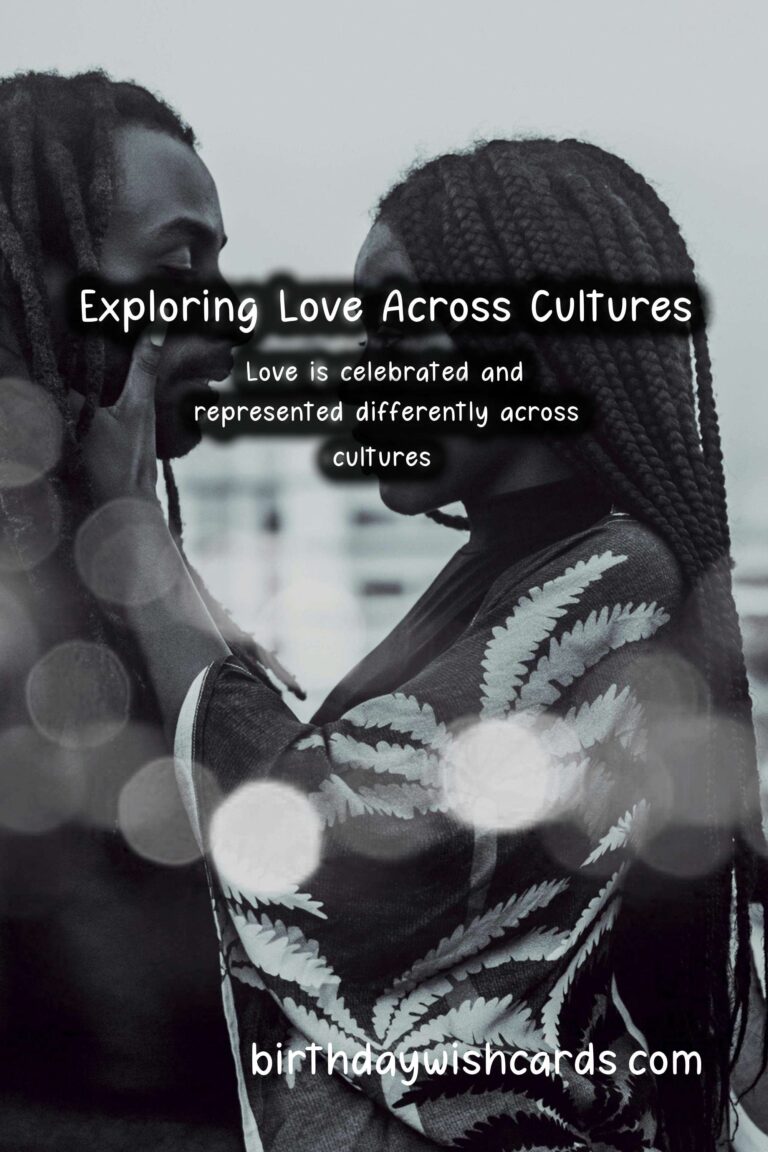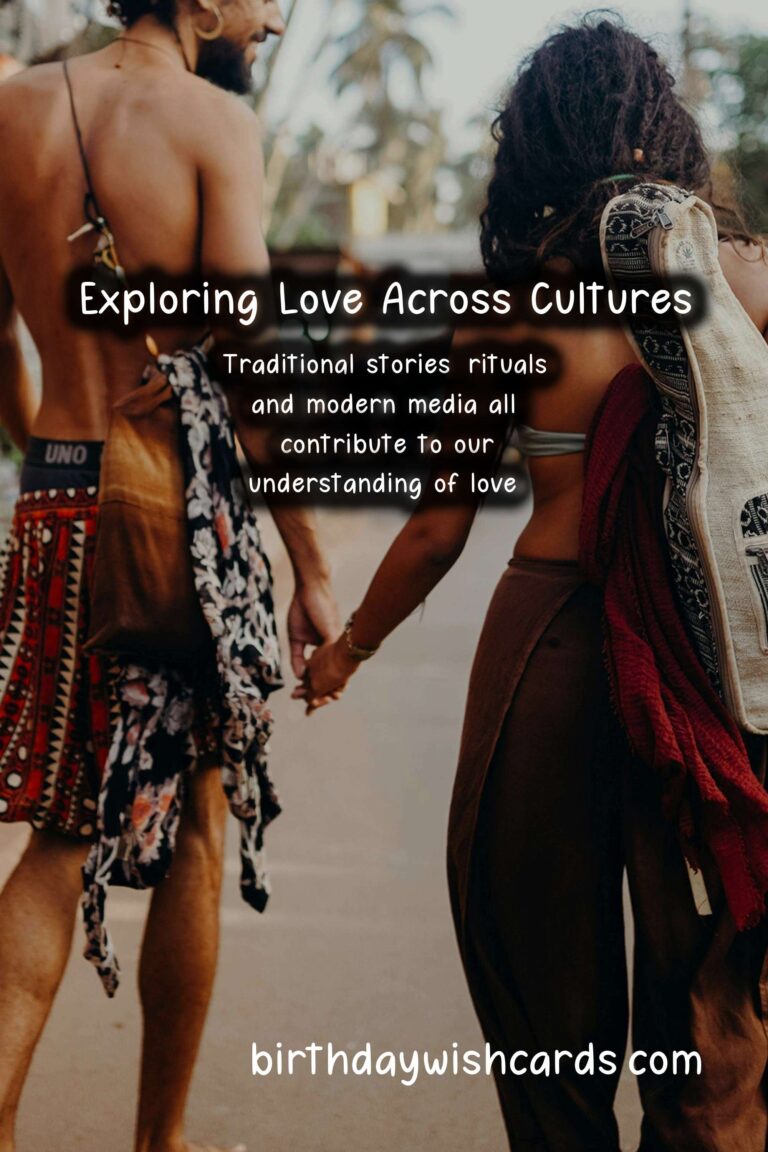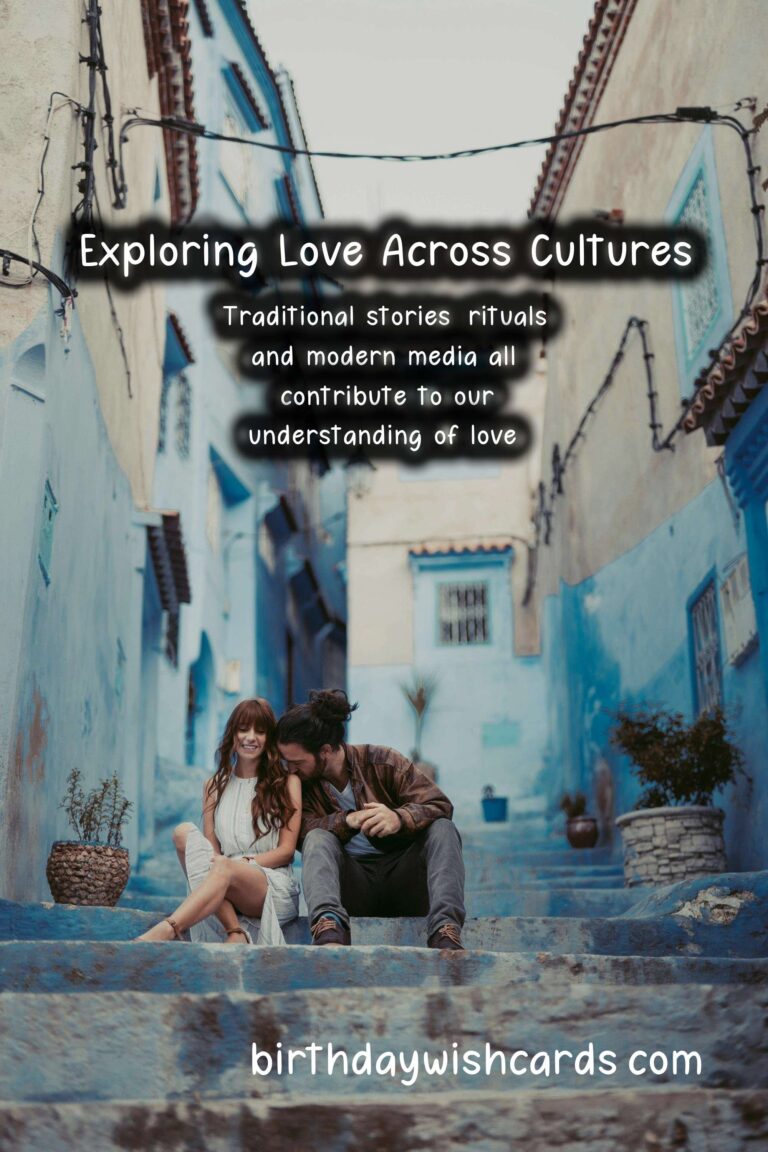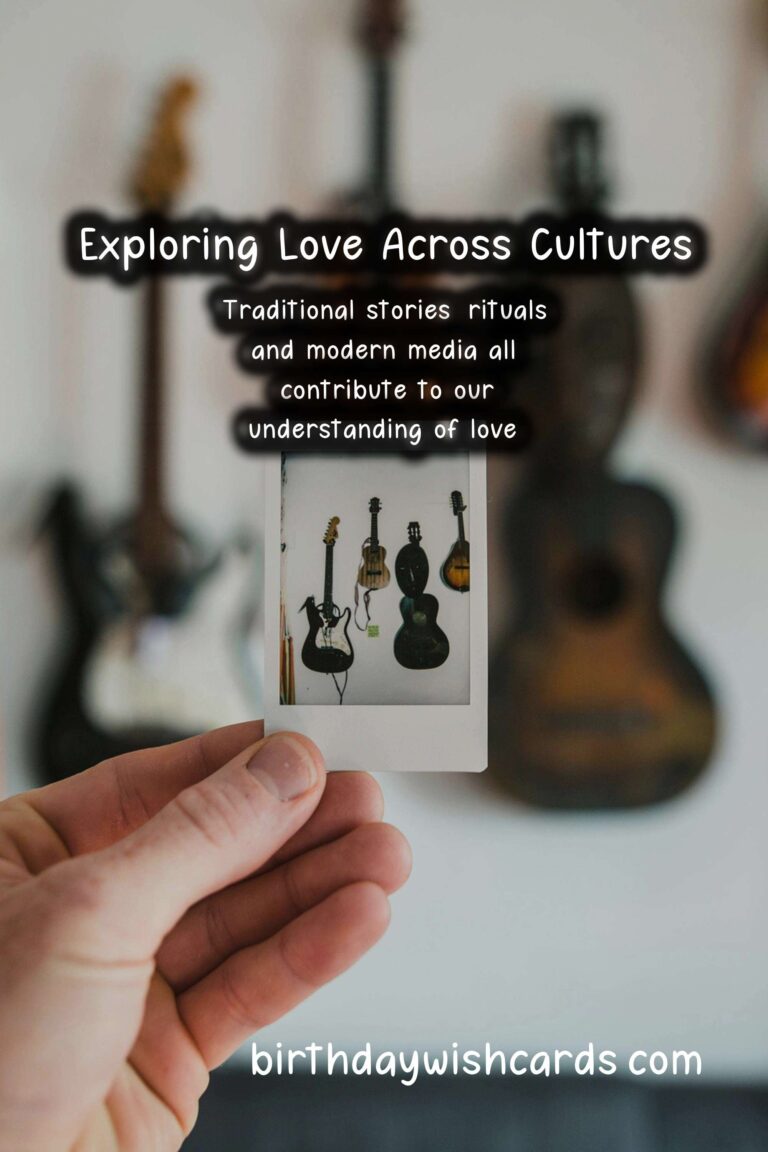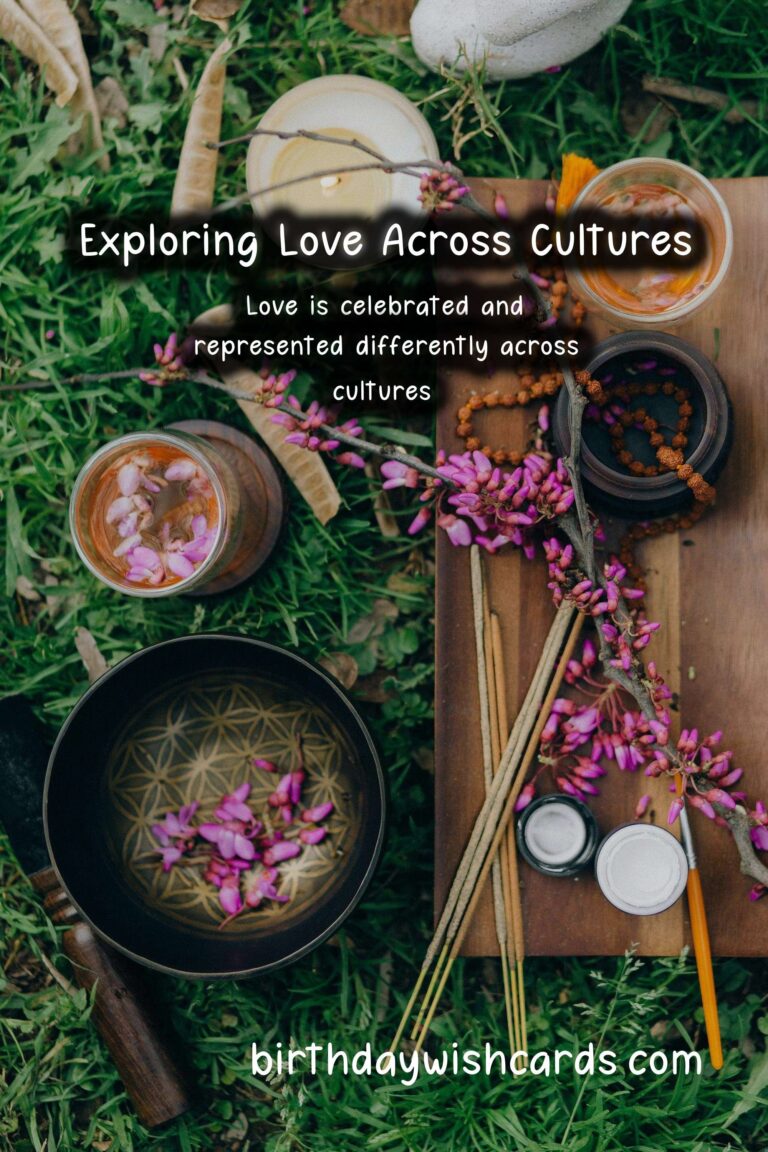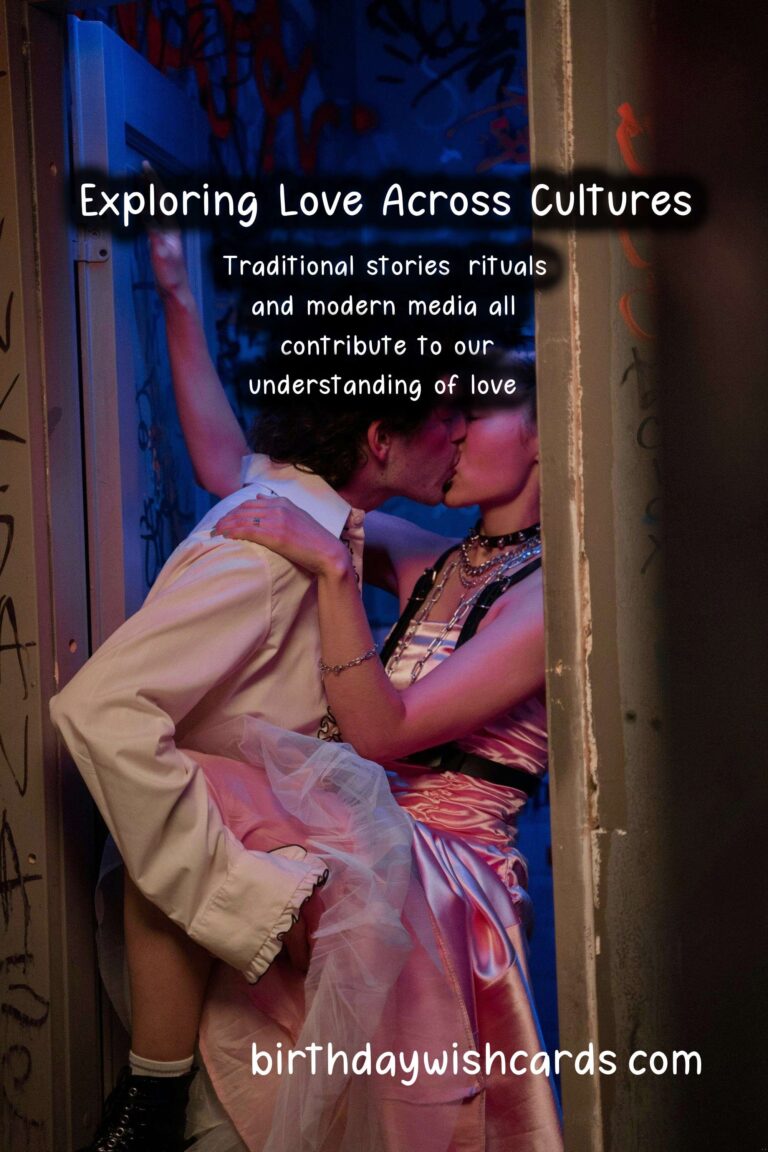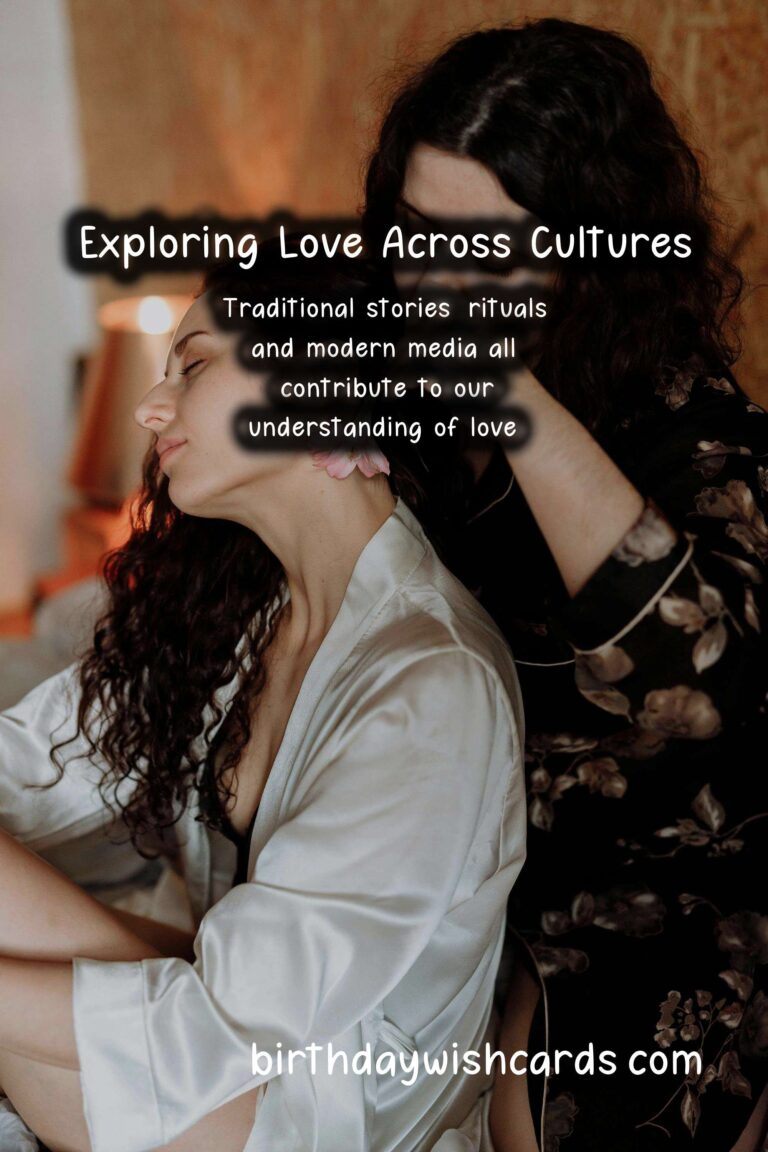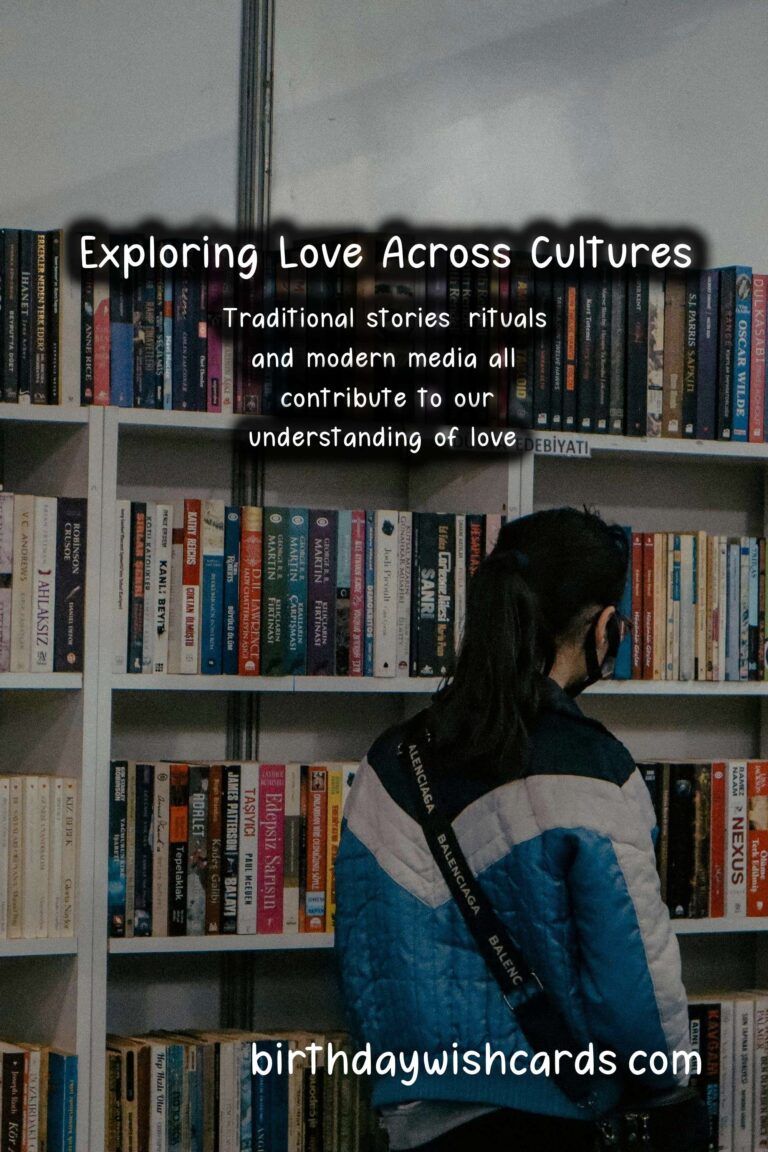
Throughout history, love and romance have played a pivotal role in shaping human relationships and cultures. The significance of lovers is not confined to personal bonds; rather, it reverberates through various cultures, symbolizing social norms, values, and beliefs.
Understanding Love Through Cultural Lenses
In examining the importance of lovers within different cultural contexts, we can see that love takes on distinctive forms. Each culture imbues love with unique significance, influencing the way individuals express, experience, and even understand it.
Love in Ancient Cultures
In ancient civilizations, love stories often reflected the values and spiritual beliefs of the time. For example, in Greek mythology, the tale of Orpheus and Eurydice explores themes of love, loss, and the afterlife. Their story is a testament to the enduring power of love, transcending even death.
Romantic Love in Eastern Societies
In Eastern cultures, such as China and Japan, the concept of romantic love is often intertwined with philosophical thoughts. The ancient Chinese philosophies, including Confucianism and Taoism, encourage harmonious relationships and the importance of bond. The concept of ‘Xin’ (heart/mind) emphasizes emotional connection, illustrating how romance is celebrated within these cultures.
Western Romantic Traditions
In contrast, Western cultures often emphasize individualism in love stories. From Shakespeare’s passionate tales to modern romantic comedies, the Western narrative celebrates the pursuit of personal happiness through love. Concepts such as soulmates and idealistic love flourish in Western literature, serving to romanticize relationships.
Love’s Influence on Social Structures
Love is not just an emotion; it shapes social structures and defines relationships in many cultures. In cultures that value familial ties, such as in Indian society, arranged marriages are common. These relationships often prioritize family compatibility over romantic love, demonstrating how cultural norms dictate the significance of lovers.
Modern Interpretations of Love
Today, globalization has also led to new interpretations of love. Different cultural standards merge, creating a more dynamic understanding of relationships. Cross-cultural love stories have gained popularity, highlighting the importance of acceptance and understanding in romantic partnerships.
Rituals and Celebrations of Love
Various cultures celebrate love through unique rituals and festivities. For instance, Valentine’s Day has become a global phenomenon, yet its origins are steeped in Western history. In contrast, the Japanese celebrate White Day, where those who received gifts on Valentine’s return favors a month later, illustrating a different approach to romantic expressions.
The Role of Literature and Art
Literature and art have always played a crucial role in depicting the importance of lovers. From classical poems to contemporary art, expressions of love provide a window into emotional landscapes across cultures. Artists and writers signify love as a universal language that bridges cultural gaps, allowing shared experiences through different lenses.
The Impact of Media on Relationships
Media portrayal of love influences how relationships are formed and understood. Films often depict idealistic views of love, shaping audience perceptions. However, this portrayal can also create unrealistic expectations, highlighting the ongoing conversation about love and relationships in contemporary society.
The Evolution of Love Through Technology
In recent years, technology has transformed the manner in which lovers interact. Dating apps and social media have provided new platforms for romantic connection, altering traditional pathways of courtship. While this evolution offers greater accessibility to love, it also prompts questions regarding the depth of such engagements.
Understanding Love Across Generations
Generational differences define how love is perceived and expressed. While older generations may align closer to traditional values of romance, younger individuals may embrace flexibility and inclusivity in relationships. This evolution showcases the cultural shifts in love as society progresses.
Conclusion: The Universal Importance of Lovers
In conclusion, lovers hold significant importance across various cultures, embodying values, emotions, and social structures. Their representations and understandings differ widely, yet the core essence of love remains a universal experience. As cultures continue to evolve, so will the narratives around lovers, enabling us to reflect upon our definitions and expressions of love in the modern world.
Love is celebrated and represented differently across cultures. Traditional stories, rituals, and modern media all contribute to our understanding of love. 
